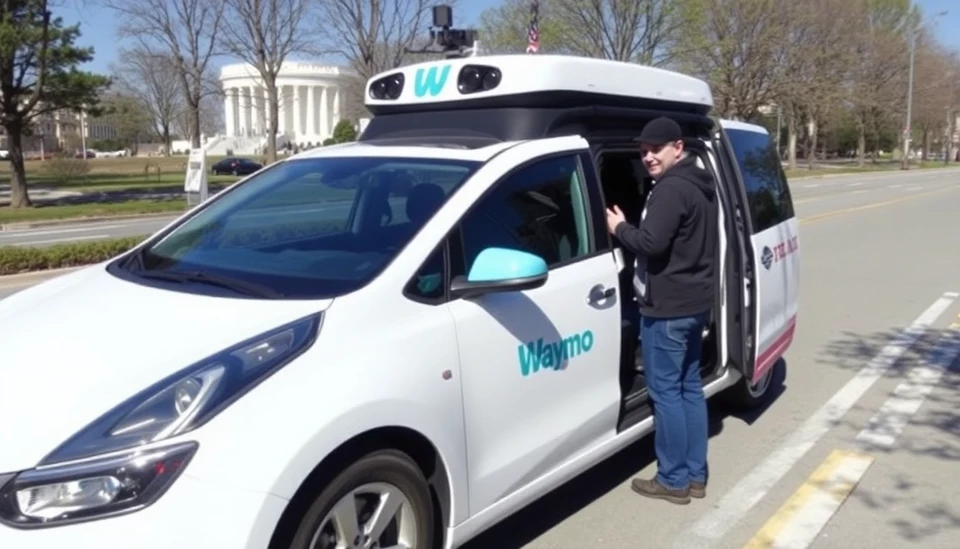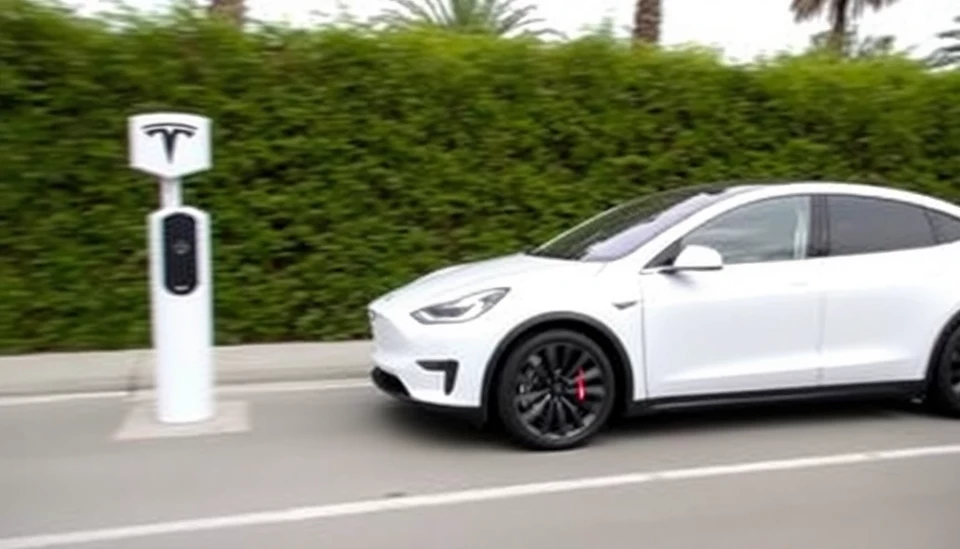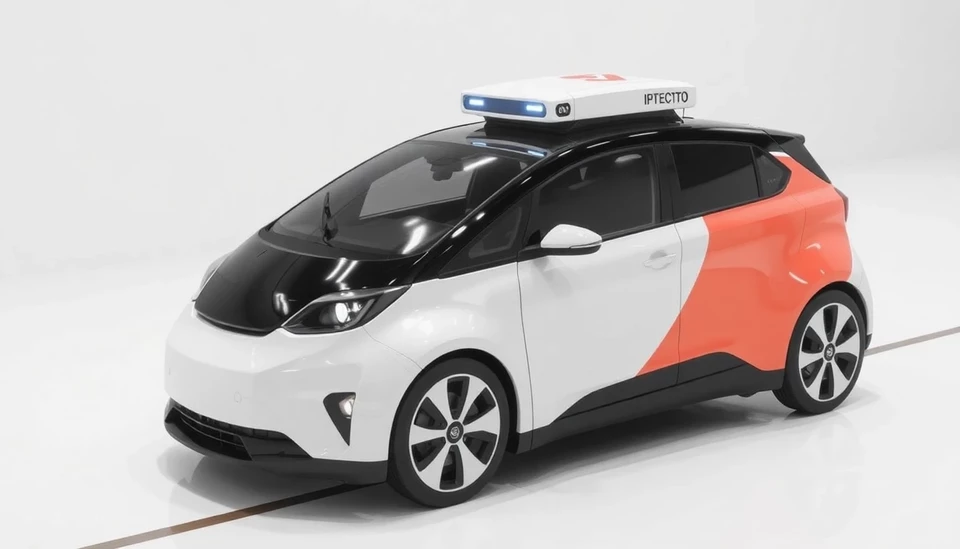
Waymo, a pioneering leader in self-driving technology and a subsidiary of Alphabet Inc., has announced plans to introduce its highly anticipated robotaxi service in Washington D.C. The debut of this service is strategically timed to coincide with forthcoming developments in the transportation policy landscape, particularly those expected under the Trump administration.
The autonomous vehicle industry has been watching D.C. closely, and Waymo’s entry into the market is expected to set a benchmark for other companies in the field. This move comes as part of a broader trend towards embracing autonomous vehicle technology, which many believe can reshape urban transportation and improve efficiency on the roads.
According to sources familiar with the plans, Waymo's robotaxi service aims to integrate seamlessly into the existing transportation network, providing residents and visitors in Washington D.C. with a convenient, safe, and efficient mode of transport. Users will be able to hail rides using a smartphone application, similar to other ridesharing platforms in operation today.
Waymo has been conducting extensive testing in various locations across the United States, including Phoenix, Arizona, where the company has successfully operated its robotaxi service in a limited capacity. The lessons learned from these trials will be invaluable as they prepare to navigate the unique infrastructure and regulatory challenges that come with launching in a bustling metropolitan area like Washington D.C.
The anticipated robotaxi service aims not only to enhance mobility but also to showcase the potential environmental benefits of switching to autonomous electric vehicles, which could lead to reductions in traffic congestion and carbon emissions. Given the political climate and emphasis on transforming transportation, Waymo's service could play a pivotal role in advocating for policies that support the growth of autonomous vehicle technologies.
Industry experts predict that Waymo's presence in the capital could influence upcoming federal policies designed to govern the use and development of autonomous vehicles on a national scale. The implications of these policies could extend beyond D.C., impacting regulations that apply to cities and states across the U.S.
As Waymo prepares for this landmark launch, anticipation continues to build among consumers, policymakers, and competitors alike. The debut of its robotaxi service is viewed as a test case for the viability of widespread adoption of autonomous vehicles in urban areas, a move that could fundamentally shift transportation as we know it.
The news of Waymo's plans has also sparked discussions regarding public acceptance of self-driving cars and the various implications for traditional taxi services and public transportation systems. As more people become familiar with the capabilities and benefits of autonomous technology, the landscape of urban transportation may change dramatically.
#Waymo #Robotaxi #AutonomousVehicles #TransportationPolicy #DCLaunch #SelfDrivingCars
Author: Victoria Adams

